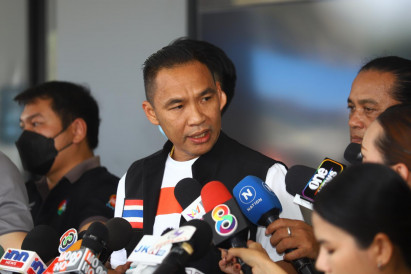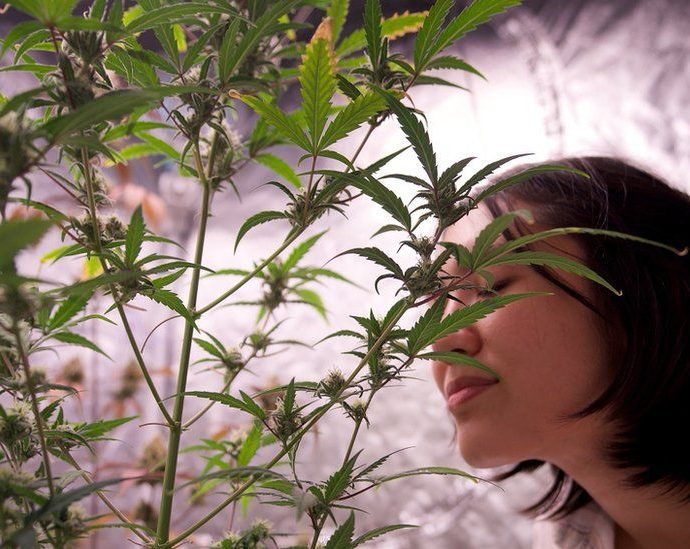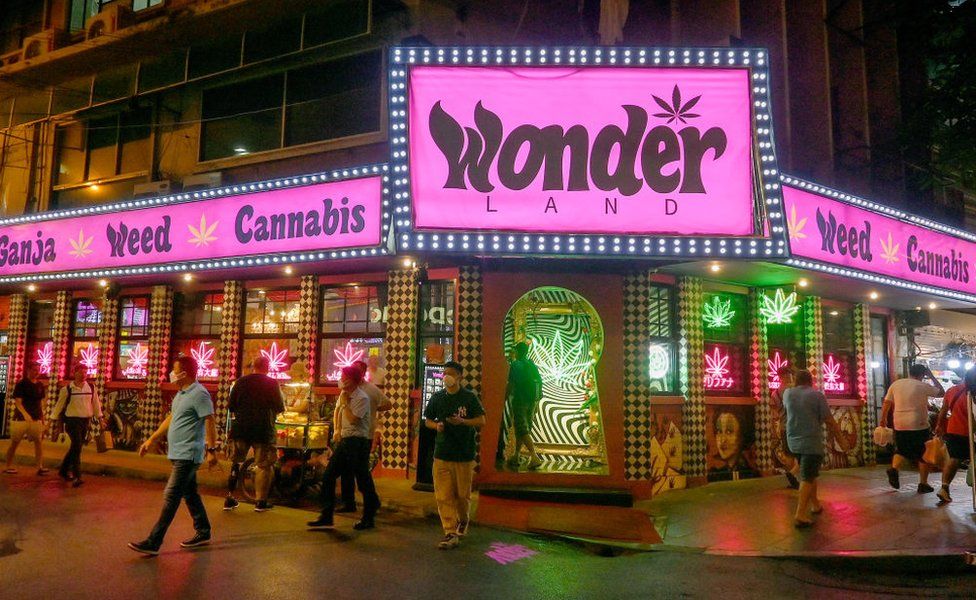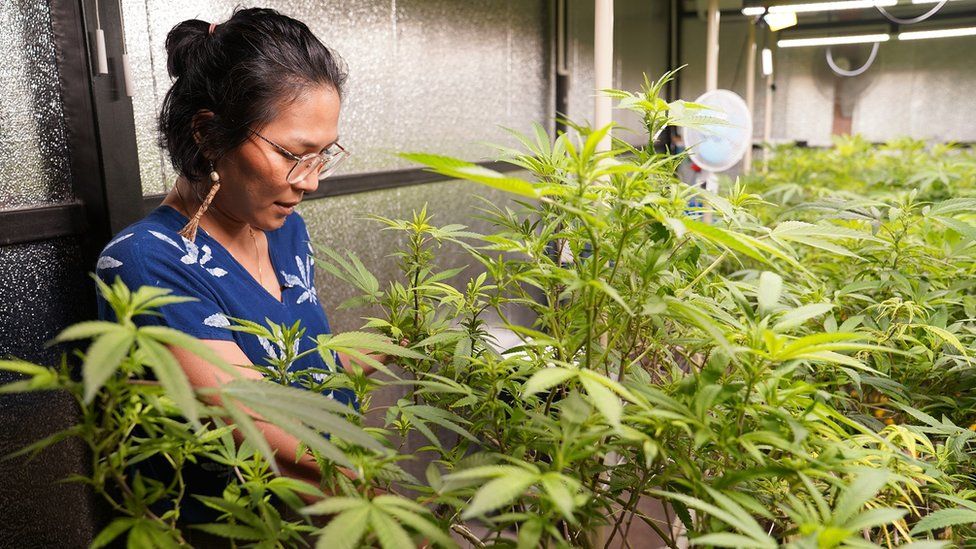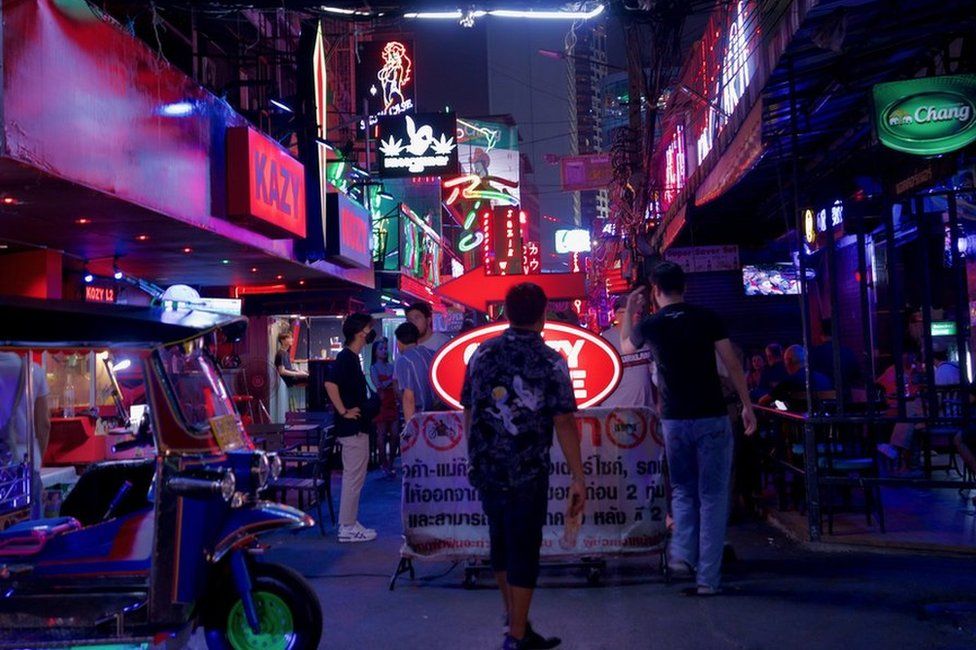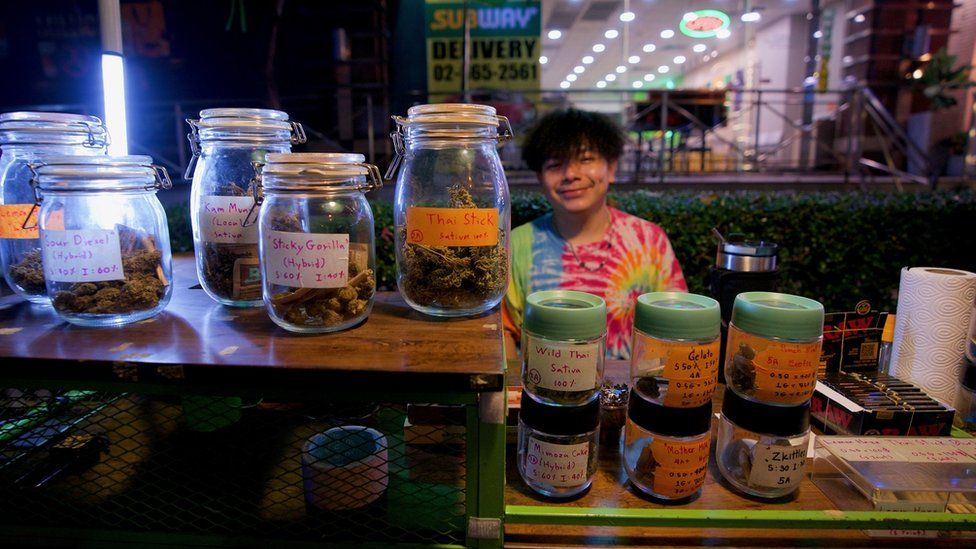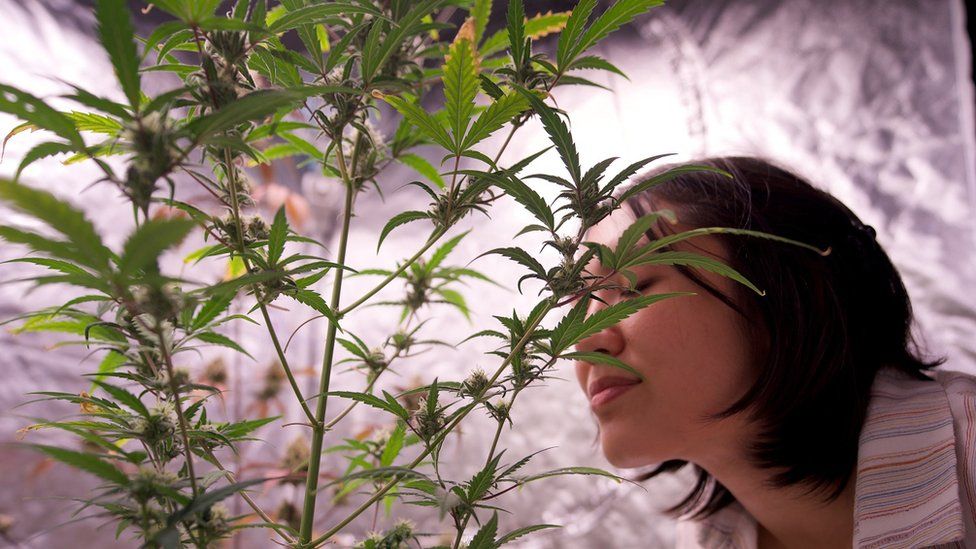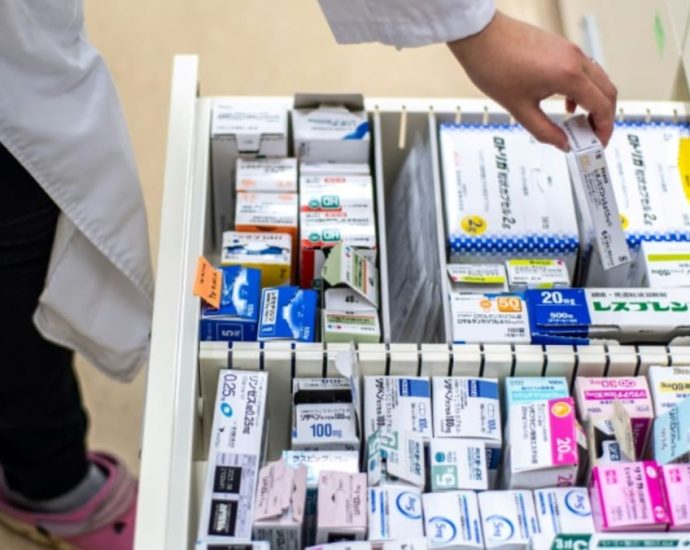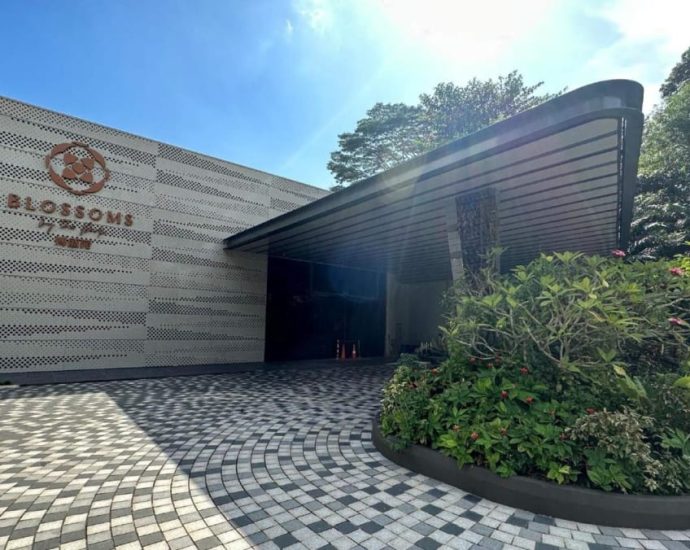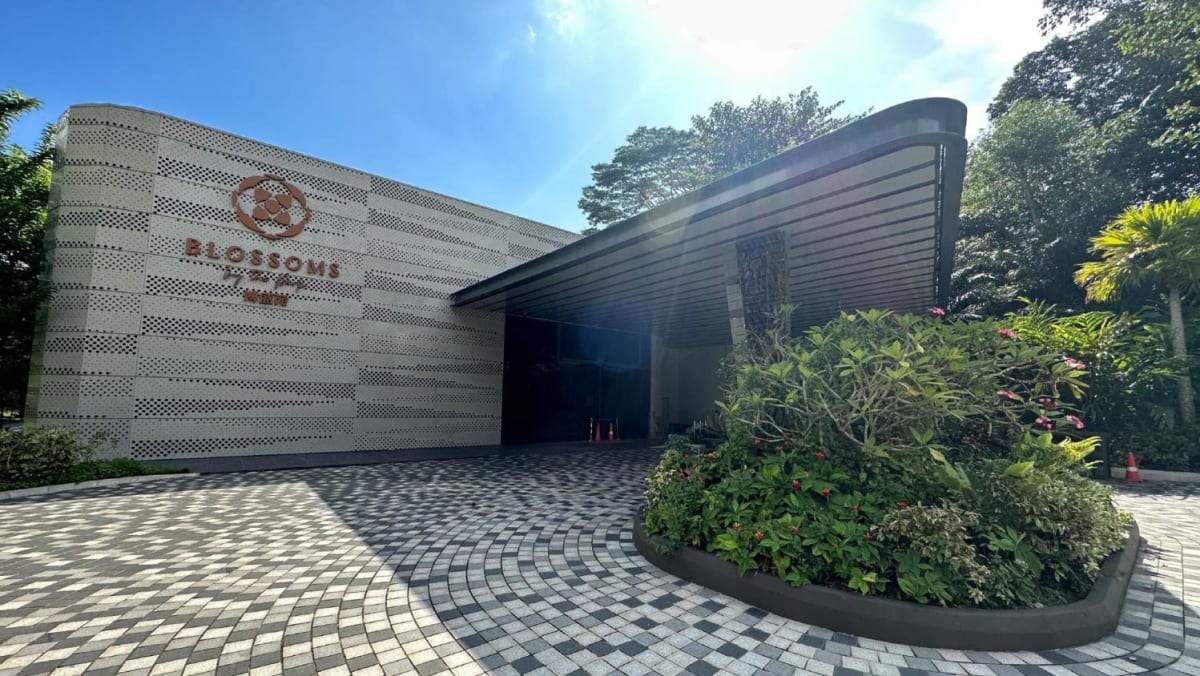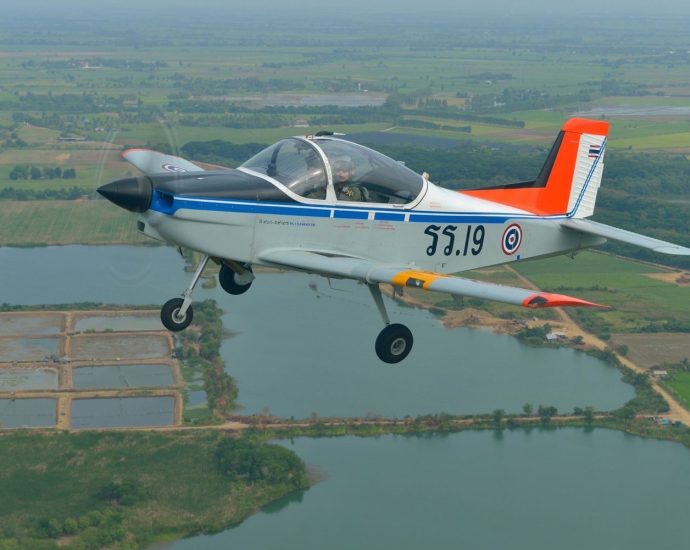Probe reveals Sararat may have killed others

Police are following a money trail left by Sararat “Am” Rangsiwuthaporn, a suspected serial killer, after a review of bank accounts revealed as many as 20 people died after transferring large sums to her over the past two years.
A police source yesterday said investigators were widening the probe into the mysterious deaths of 13 people linked to Ms Sararat.
A few days ago, investigators obtained evidence suggesting the number of deaths may actually be higher than that reported, the source said.
A review of Ms Sararat’s bank accounts from 2021 showed many people had transferred money to her, with amounts ranging from 10,000 to hundreds of thousands of baht, the source said.
The 13 people who died of mysterious deaths were among 18 to 20 people who died after transfers were made. Police are now looking into the causes of death of the other five to seven people, the source said.
Police have obtained evidence that could implicate Ms Sararat in the one murder she is already charged with, said Pol Col Anek Taosupap, the deputy commander of the Crime Suppression Division (CSD).
Ms Sararat, 36, the ex-wife of a senior police officer in Ratchaburi, was arrested on Tuesday at the government complex on Chaeng Watthana Road in Bangkok on a warrant issued by the Criminal Court. Her arrest followed a complaint filed by the family of the late Siriporn “Koy” Khanwong, 32, of Kanchanaburi.
Siriporn collapsed and died on the bank of the Mae Klong River in Ban Pong district of Ratchaburi, where she had gone with Ms Sararat to release fish for merit-making on April 14. Cyanide was found in her body. Investigators came to believe that Ms Sararat might have mixed cyanide in Siriporn’s food, causing her death. She allegedly also stole the victim’s valuables.
CSD investigators called Raphee Chamnarnrue, who took the victim’s family to file a police complaint, to give a statement as a witness yesterday as they wanted further details, said Pol Col Anek.
Investigators are planning to question a nurse who works at Taksin Hospital, a close friend of Ms Sararat and member of the same pyramid scheme, he said, identifying the friend as a woman named “Nok”.
Ms Sararat, who is four months pregnant, is being held at the Central Women’s Correctional Institute. Police investigators have fanned out across Ratchaburi, Kanchanaburi, Nakhon Pathom and Phetchaburi provinces in search of more clues.
The number of suspected deaths rose to 13 on Friday with the naming of Sawittree “Nim” Budsrirak, 41, who died in 2020 in Mukdahan. But Pol Gen Surachate Hakparn, deputy national police chief, on Friday said the number had reached 14.
Meanwhile, traces of cyanide were found in the Honda Civic Ms Sararat and her ex-husband used to drive, as well as the Toyota Vios she was driving the day Siriporn died, said Weerachai Phutdhawong, associate professor of chemistry at Kasetsart University.

